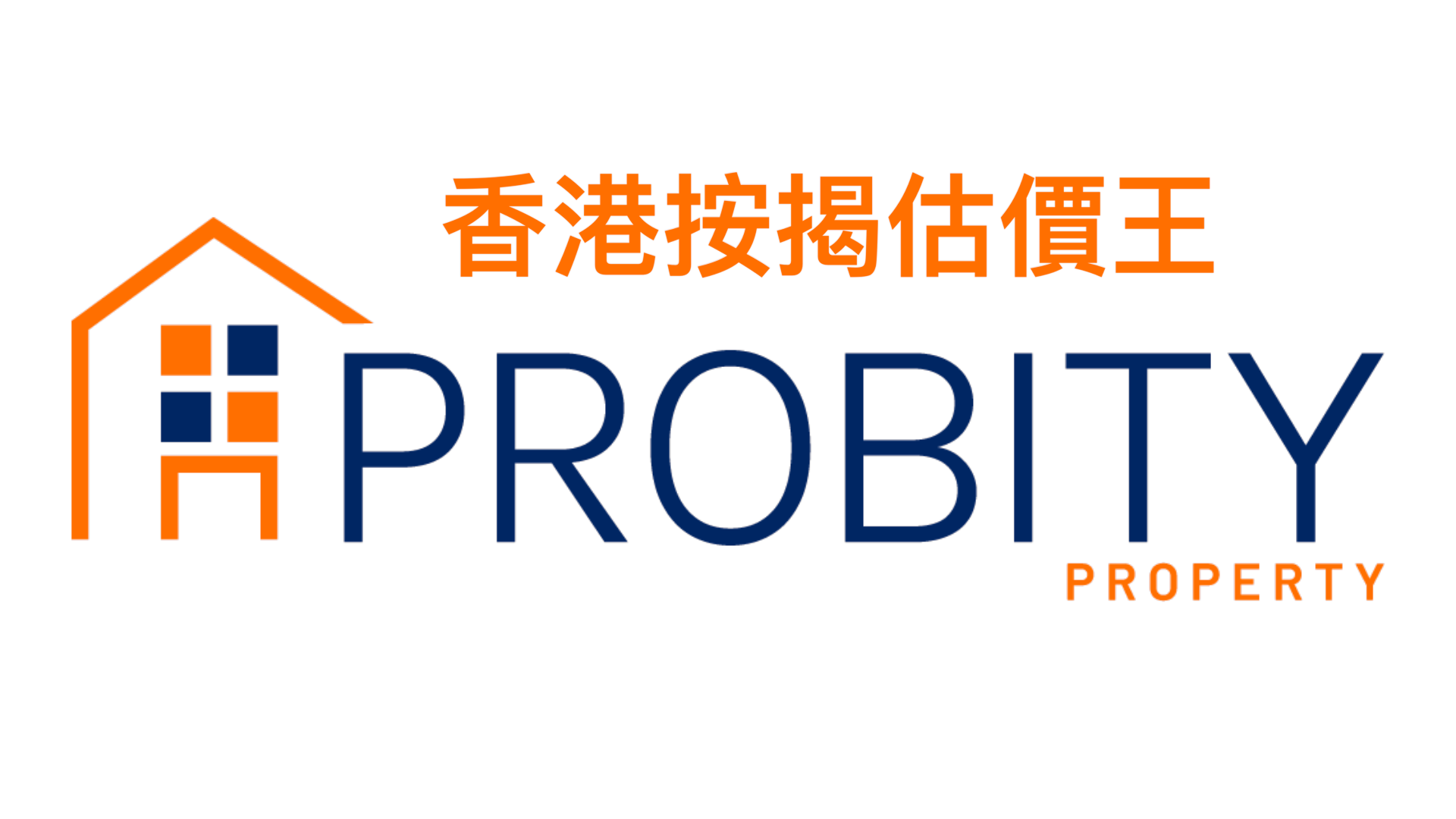How to Calculate Mortgage Stress Test for Self-Employed Individuals?

How to Calculate Mortgage Stress Test for Self-Employed Individuals?
Understanding how Company Profits and Personal Income Affect Mortgage Loan Eligibility
Today, we will be discussing a highly practical topic: how to calculate mortgage stress test for self-employed individuals?
For those who are self-employed, applying for a mortgage loan is often an essential step in purchasing a home. However, compared to individuals with fixed income, self-employed individuals' income situation is typically more complex. So, how can we calculate their mortgage loan eligibility? Let's explore this topic together.
Firstly, for self-employed individuals, their loan eligibility for a mortgage is closely related to their income. Generally speaking, when calculating a self-employed individual's income, their company's profit situation and personal salary level are the main factors considered. Through an assessment of these factors, we can roughly determine the borrower's repayment ability.
Secondly, regarding company profits, banks typically focus on the self-employed individual's company's operational status. For example, the company's size, development prospects, and past few years' revenue and profits, among others. Additionally, the company's tax returns are also an important reference when evaluating loan eligibility.
Lastly, regarding personal income, banks usually consider the self-employed individual's annual income and personal savings. If the borrower's income is stable and they save regularly, it will increase their loan eligibility. Conversely, if the borrower's income is unstable and they frequently incur significant expenses, their loan eligibility will be affected.
In summary, banks use traditional stress testing methods to evaluate a borrower's mortgage loan eligibility by taking into account the borrower's loan amount, repayment period, repayment interest rate, income, and expenses. This test typically requires the borrower to be able to repay all loans within the next few years while maintaining reasonable living expenses and savings levels.
Overall, when self-employed individuals apply for a mortgage loan, banks will comprehensively consider factors such as company profits and personal income to evaluate their loan eligibility and then conduct traditional stress testing. Therefore, self-employed individuals should try to maintain stable income, save appropriately, and pay attention to their company's operational status to increase their loan eligibility.
Lastly, it is essential to note that self-employed individuals' income situations are typically more complex, and different banks may have different evaluation standards. Therefore, borrowers should try to understand the loan conditions and requirements of different banks before applying for a mortgage loan to select the most suitable loan application plan.
That concludes our discussion on how to calculate mortgage stress test for self-employed individuals. We hope that today's introduction can help everyone better understand their loan eligibility and considerations when applying for a mortgage loan.


